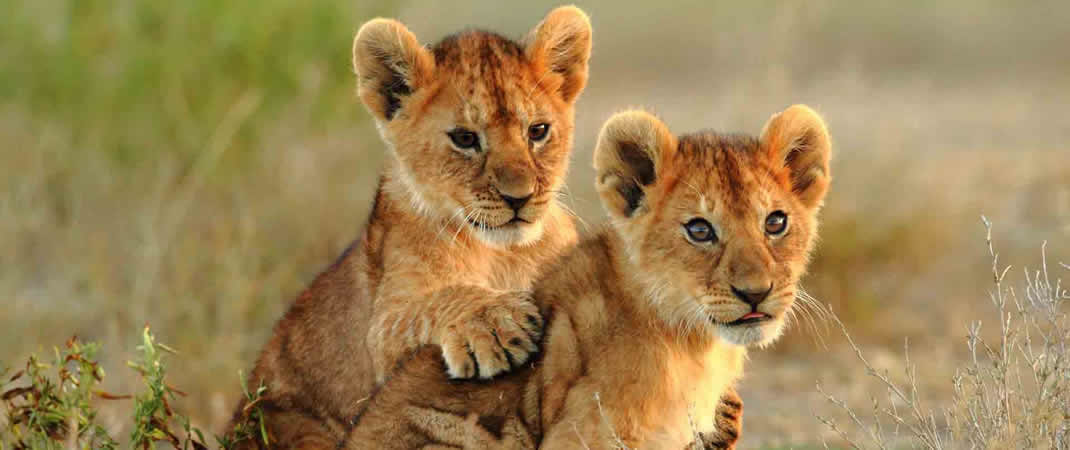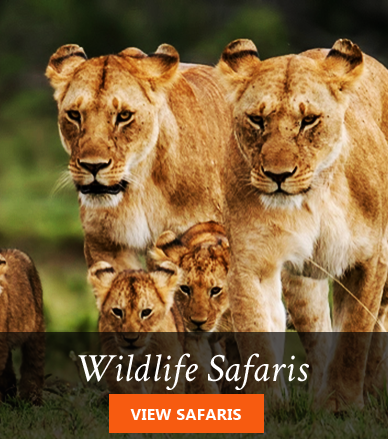Kenya is certainly the most well-known of safari holiday destinations in East Africa. It is possibly on the top 5 list in Africa when it comes to safaris. This destination has been on the safari map for years, starting from the days of Theodore Roosevelt and Ernest Hemingway during the younger decades of the 20th century.
This crop early safari seekers like Theodore Roosevelt and Hemingway, who are considered pioneers of Africa safaris, engaged in game-hunting rather than viewing and appreciation of wild animals as we do today. Needless to say, a lot has changed since that then. Like most countries that offer safari vacations, Kenya does not allow game hunting any more. You are only allowed to ‘shot’ the game using your camera.
Kenya – Leading in Wildlife Safari Holidays
Table of Contents
Kenya is a leader in wildlife vacation destination. The safari infrastructure is well developed – fairly good roads, top-rated hotels and safari lodges, well trained, world-class personnel in the hospitality industry and amiable guides who run the safari show.
For this reason, holiday makers and tourists have higher than average expectations when they visit Kenya for safaris. They are rightfully asking for quality services. But more importantly, more and more of them are seeking different type of experiences, and additional things to spice up their vacation.
Having been a leading safari holiday destination for a very long time, it is easy to understand when some people view the Kenya as a ‘tired’ destination. One that probably needs some rejuvenation. And they may be right.
The tips shared in this article will help you get ideas on how ensure you get a unique and different experience on your Kenya Safari.
1. Work with Flexible and Reliable Safari Operators in Kenya
Flexibility is the keyword here. As you begin the journey of looking for, or planning a unique safari to Kenya, you will need a flexible and reliable partner. With tens of hundreds of safari operators , all claiming expertise in their area of safari operation, getting one that is flexible enough to deliver your dream safari may not be such an easy task. But it is an important task all the same. Once you have made contact with your safari operator of choice, make it clear from the onset that you desire to have a unique and different safari experience in Kenya. If you get any signals indicating they are not willing to accommodation your desires and demands, maybe you should continue with the search. It may not be that simple, but worth trying.
2. Ask for Private Safaris Tailored Specifically For You
Whether you are alone, a couple or in a small group, you also want to avoid group tours or fixed departure tours. You are not going to be unique in any way if you travel in a pre-set group tour. It does not give you the flexibility you need. Joining a group essentially means you have to make compromises and meet everybody in that group half-way. Instead, avoid the ‘big-group’ feel and get a tailor-made program that goes according to your wishes. Select your own destinations and pick your own travel dates.
3. Choose the road-less Travelled in terms of Safari Itinerary
One of the ways to enjoy a unique safari experience is to map out your itinerary in such a way that you visit the less frequented wildlife parks and reserves. Avoid the ‘beaten-path’ syndrome. Visit the ‘other’ places. Go to the different parts of Kenya that very few people ever think of – Mathew’s Range, Ruma National park, Chalbi desert, to mention just a few. Another example is Meru National park, that remains one of the least-visited parks in Kenya, yet with fantastic wildlife and feedback in terms of safari experience.
4. Visit Kenya’s Private Conservancies and Ranches
Kenya has a significant number of private conservancies, ranches and wildlife sanctuaries. These tend to have fewer visitors. They also allow rare activities like night-game drives, walking safaris etc. Examples of private sanctuaries in Kenya are Ol Pejeta Conservancy, Lewa Conservancy, Ol Jogi , Sosian game ranch and Solio Ranch all in Laikipia area. In the larger Masai Mara, private conservancies include Naboisho, Mara North, Ol Kinyei and Lemek. Other private conservancies are Saltlick Sanctuary near Tsavo East, Selenkay and Oserengoni Wildlife Sanctuary in Naivasha.
5. Plan Your Kenya Safari Program to include Unique activities
Working with your chosen safari outfitter, make sure that you include memorable activities in your plan. Besides the game drives that are likely to take up most of your safari time, create time and insist on taking part in additional activities like nature walks, night game drives, cultural and village visits, horse-back safaris, trout-fishing, camel safaris, Hot Air balloon flights etc.
6. Stay in smaller safari Lodges
Book smaller and intimate safari lodges and camps. Most of these smaller resorts are normally owner-managed giving them a homely feeling, with a more personalized touch in everything from meals to the order of activities. A few examples of such camps are Saruni Camp, Rekero Camp and Enkewa Mara Camp all in private conservancies in Masai Mara. Others include Ol Pejeta Bush Camp and Lemarti’s Camp in Laikipia.
7. Choose The Right Type of Safari vehicle for your Holiday in Kenya
Do not travel in the safari van. It is very common and therefore not exclusive. You are seeking to stand out while on your holiday. The vans may be popular with many tourists. The reason the safari van is popular in Kenya is because it is cheap. But you are not cheap and you are not just a tourist. Instead of the safari vans, choose to use the 4×4 safari vehicles – sometime called the safari jeeps. You may have to pay a little bit more, but it will certainly be worth your while, in your quest for a unique safari experience.
8. Avoid the Peak-Season Travel Rush
Many tourists rush to Kenya in the months that coincide with the great wildebeest migration – between July and October. Even though the migration largely takes place in the Masai Mara National Game reserve, all the other parks are equally full during this period. There will be hardly any accommodation space in the lodges. If you are not dying to see the migration, you are better off traveling outside this period. As long as you avoid the extremely wet months – normally April and May, you should be fine traveling to Kenya at any other time. The short rains come around November, so you may blacklist this month as well.
Kenya’s boundless wilderness and big game offer limitless possibilities for holiday safaris. The variety available offers so much flexibility to allow you put together any type of package, that would be exclusive and different, tailored just for your liking.
Hallmark Travel Planners, a tour company based in Nairobi, Kenya offers unique safari services in Kenya, Tanzania and other select African destinations. Click here and get no-obligation safari quotation from flexible safari operators.




Leave a Reply